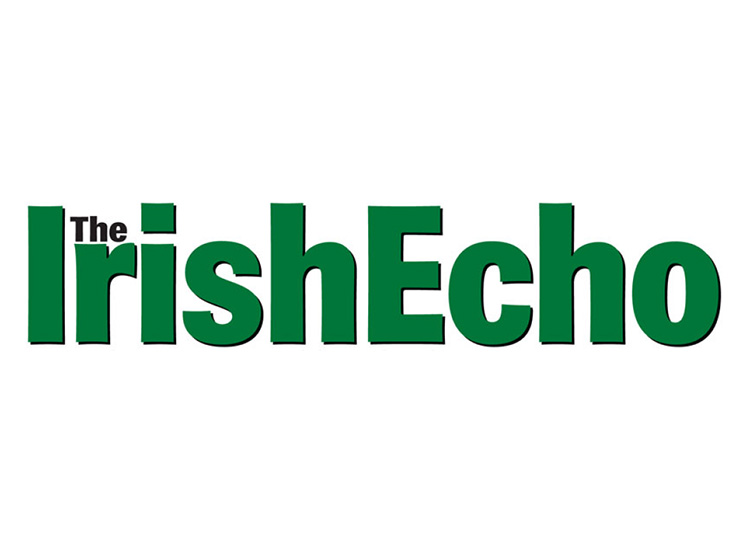"Migration and Memory: American Irish consciousness since the Famine" will explore a range of themes emanating from the shock of an event which transformed Ireland and generated a massive influx of its surviving population to the United States.
The impact of the Famine reverberates 160 years after its conventional end point of 1860, not least in the form of a massive and diverse Irish diaspora present in every significant sector of society. Several leading scholars will attend the evening symposium, including artist and cultural commentator Robert Ballagh, and famine historian, Christine Kinealy.
The transatlantic initiative is being organized by Dr. Ruan O'Donnell of the University of Limerick, Owen Rodgers of New York, and Michael Patrick MacDonald, author of the acclaimed Boston memoirs "All Souls" and "Easter Rising."
O'Donnell, an authority on the history of Irish Republicanism, will explore the manifestation of "Fenianism" in the U.S. and the long-term influence of these revolutionaries on the land of their birth and ancestry.
MacDonald will address the ongoing transformation of Irish-American communities and the dynamics now redefining those who retain an interest in their origins in Ireland.
Robert Ballagh is of the view that "without question, the Famine was the greatest catastrophe in Irish history, yet if one goes to museums, galleries or archives, one will find very little visual record of that traumatic event."
In his paper "The invisibility of the Irish history," Ballagh will attempt to explain this phenomenon.
In announcing the symposium, O'Donnell stated: "the New York symposium will be the first in a series of events which will examine new thinking and research on Irish and American-Irish character since the Famine.
"We are hoping to encourage fresh work on both sides of the Atlantic and are planning a major conference in New York City during the fall."
This initial gathering will take place at O'Lunney's, Times Square, 145 W. 45th Street, phone (212-840-6688). It begins at 6.30 P.M. Admission is free and all are welcome.






